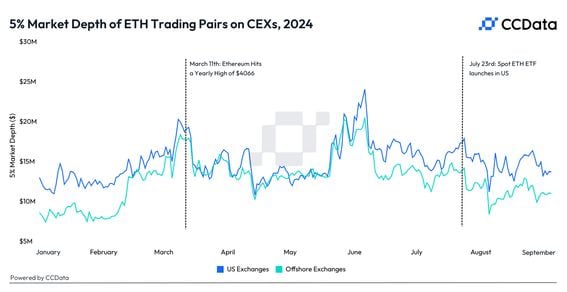Thailand’s Securities and Exchange Commission (SEC) has recently updated its investment criteria for digital tokens. This revision, effective from January 16, 2024, marks a pivotal shift in the regulatory landscape for digital assets in Thailand, balancing investor protection with market development.
Relaxation of investment limits
The SEC has removed certain investment limitations that previously applied to retail investors. Specifically, the cap on investments in digital tokens backed by real estate or generating real estate income (real estate-backed ICOs) and those related to infrastructure operations or revenue streams (infra-backed ICOs) has been lifted. Earlier, retail investors were confined to a maximum investment of 300,000 baht per offering in such digital tokens. This change is anticipated to widen the scope for retail participation in the digital asset market, potentially leading to increased liquidity and diversity in investment options.
The SEC has also revised criteria for businesses seeking to establish custodial wallet provider services. These businesses must now have major shareholders, either listed companies or their subsidiaries, equipped with the necessary expertise and experience in safeguarding clients’ financial assets. This requirement underscores the SEC’s focus on ensuring robust security measures in managing digital assets.
In addition, digital asset business operators looking to expand into new business activities must obtain permission from the SEC. This regulation ensures that such expansions align with legal standards and investor protection norms. Furthermore, the SEC has clarified that digital asset business operators are prohibited from offering services through illegal digital asset operators, underlining its commitment to a lawful and secure digital asset environment.
Contrasting with its liberalized stance on certain digital assets, the SEC of Thailand has decided not to allow the trading of spot Bitcoin exchange-traded funds (ETFs) in the country. This decision stems from the view that foreign-approved Bitcoin ETFs are still nascent and might not meet Thailand’s specific economic needs. While this position has been taken, securities brokerages in Thailand are advising investors to consider Bitcoin ETFs based in the United States. However, the Thai SEC has cautioned that such advice must be compatible with the products available in Thailand.
The non-approval of Bitcoin ETFs in Thailand is cautious, considering the inherent risks associated with cryptocurrencies. This decision places Thailand alongside other countries like South Korea, which have also decided against allowing the trading of Bitcoin ETFs in their domestic markets. Despite this, the global trend shows an increasing acceptance of Bitcoin ETFs, with countries like the United States, Canada, Australia, and Switzerland leading the way.
Implications for the Thailand digital asset market
The SEC’s recent amendments are poised to impact Thailand’s digital asset landscape significantly. The SEC is fostering a more inclusive and dynamic market by easing restrictions for retail investors in certain digital token investments. Establishing stringent criteria for custodial wallet providers and the requirement for SEC approval for additional business activities in the digital asset sector underscore a commitment to maintaining a secure and regulated environment.
While the SEC’s cautious approach towards Bitcoin ETFs focuses on stability and investor protection, the global trend suggests a growing acceptance of such products. This development might influence future regulatory decisions in Thailand as the digital asset market evolves.
The SEC’s balancing act between liberalization and regulation in the digital asset domain represents a significant step towards establishing Thailand as a progressive yet secure player in the global digital economy.





